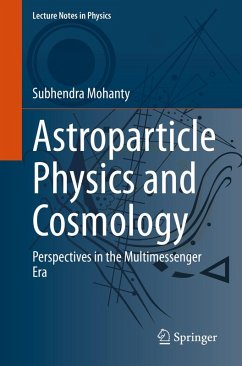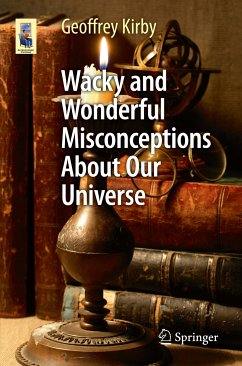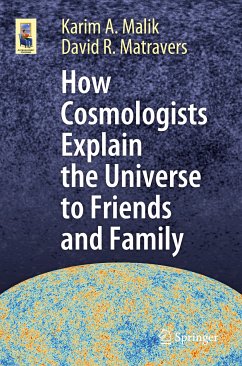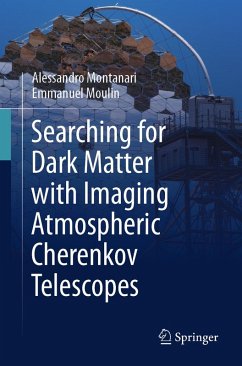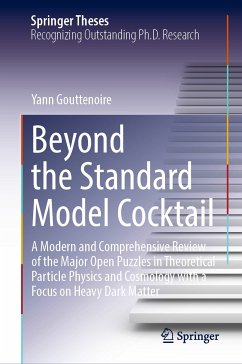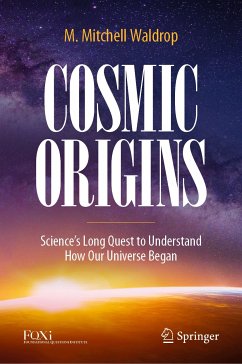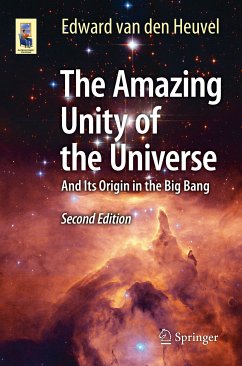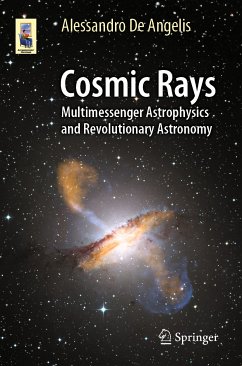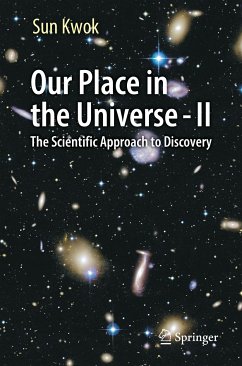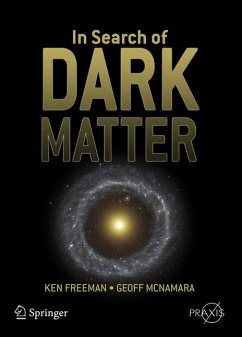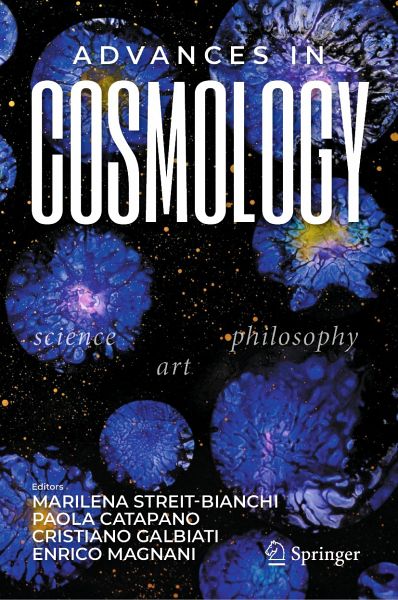
Advances in Cosmology (eBook, PDF)
Science - Art - Philosophy
Redaktion: Streit-Bianchi, Marilena; Magnani, Enrico; Galbiati, Cristiano; Catapano, Paola
Versandkostenfrei!
Sofort per Download lieferbar
88,95 €
inkl. MwSt.
Weitere Ausgaben:

PAYBACK Punkte
44 °P sammeln!
Cosmology's journey to the present day has been a long one. This book outlines the latest research on modern cosmology and related topics from world-class experts. Through it, readers will learn how multi-disciplinary approaches and technologies are used to search the unknown and how we arrived at the knowledge used and assumptions made by cosmologists today. The book is organized into four parts, each exploring a theme that has troubled humankind for centuries. Since the dawn of time, looking at the sky, humans have tried to understand their origin, the laws governing it, and what influence i...
Cosmology's journey to the present day has been a long one. This book outlines the latest research on modern cosmology and related topics from world-class experts. Through it, readers will learn how multi-disciplinary approaches and technologies are used to search the unknown and how we arrived at the knowledge used and assumptions made by cosmologists today. The book is organized into four parts, each exploring a theme that has troubled humankind for centuries. Since the dawn of time, looking at the sky, humans have tried to understand their origin, the laws governing it, and what influence it all has on human life. In most ancient civilizations, astronomers embodied the power of knowledge. This knowledge was not compartmentalized, and scientists often found philosophical implications within their quests, many of which destroyed the borders between the natural sciences. Even now, as observers and scientists continue to use conjecture to generate theoretical assumptions and laws that then have to be confirmed experimentally, said theoretical and experimental searches are being linked to philosophical thinking and artistic representation, as they were up until the 18th century. This multi-disciplinary book will appeal to anyone with an interest in the fields of Astronomy, Cosmology or Physics.
Dieser Download kann aus rechtlichen Gründen nur mit Rechnungsadresse in A, B, BG, CY, CZ, D, DK, EW, E, FIN, F, GR, HR, H, IRL, I, LT, L, LR, M, NL, PL, P, R, S, SLO, SK ausgeliefert werden.



